
Table of Contents
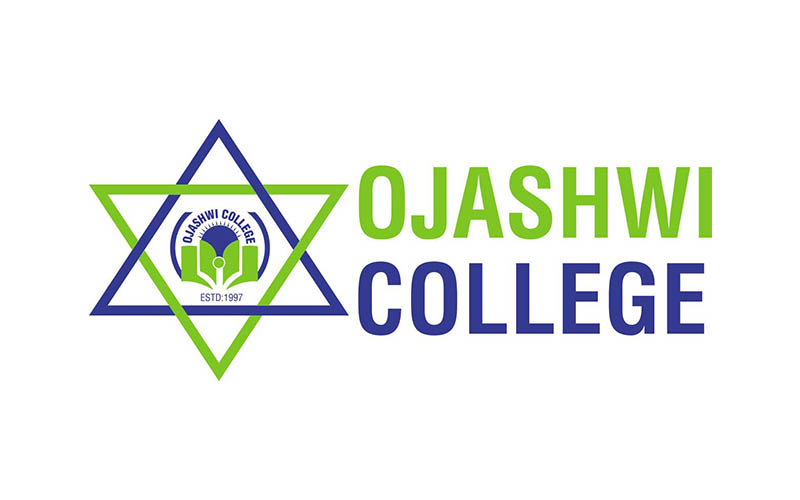


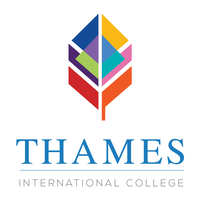
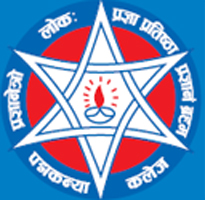
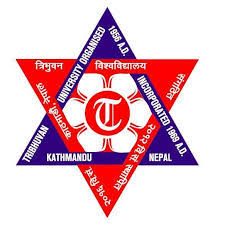
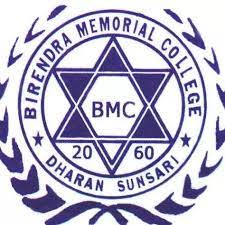
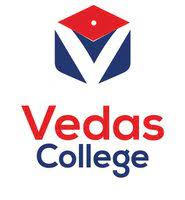
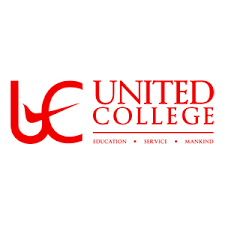

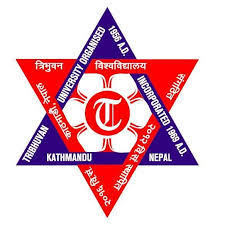
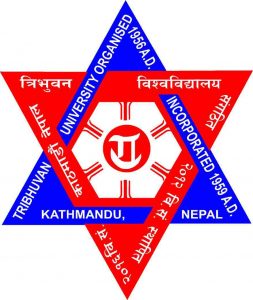

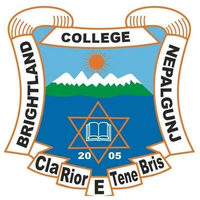

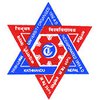

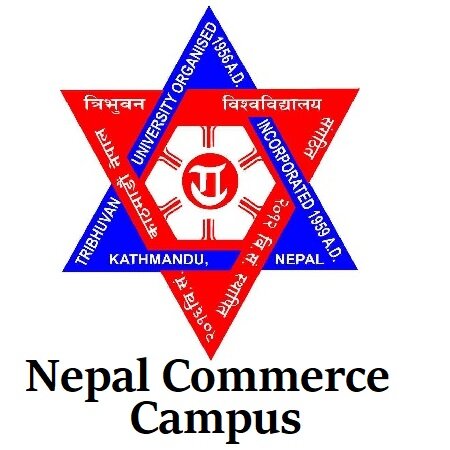

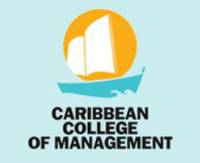

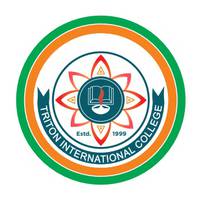


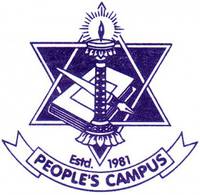
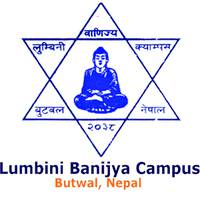



















































































About Master in Business Studies
Master in Business Studies is a two-year post-graduation program under the Faculty of Management of Tribhuvan University. The main concern of this course is to develop students into competent managers for any sector of organized activity. The main objective of MBS is to develop students into dynamic managers having the ability to handle responsibility in every sector. This program helps to prepare students to become competent, skilled, confident, and socially responsive professionals. Students can specialize in management, accounting, marketing, and information systems through this course.
The Master of Business Studies (MBS) program requires the students to study a total of 1000 marks which includes fourteen analytical and core courses (700 marks), 2 specialization courses (200 marks), and a thesis or two seminar papers (100 marks). In Nepal, more than 184 business colleges offer MBS programs under TU. Similarly, along with Tribhuvan University, Other universities like Purbanchal University, Pokhara University, Mid Western University, and Far Western University also offer this course.
Why to study Master in Business Studies?
This program is based on the principle that graduates will spend a major portion of their life in a constantly changing environment. Therefore, the student should have an opportunity to obtain a broad knowledge of the concepts and reality-based skills underlying the operation and management of organizations. Upon graduation, students should be equipped to function as a manager in business, industry, and government. The graduate should also have a variety of career opportunities in different sectors of business including entrepreneurship and create much-needed jobs for others.
Objectives
The major objective of the MBS program is to enable the students to work as competent managers and to meet the demand of higher-level managers in organizations.
The objectives of MBS are:
-
To equip the students with the required conceptual knowledge of business and management
-
To prepare managers in the functional areas of management.
-
To develop knowledge and skill of the business environment from a national and global perspective.
-
To encourage entrepreneurial capabilities in students to make them effective change agents in the Nepalese society.
-
To develop research capability in the students.
Eligibility
Students who have completed the BBS program or a bachelor’s degree in any discipline from Tribhuvan University or from any other university recognized by Tribhuvan University are eligible to apply for the MBS course.
Entrance
Broadly speaking, eligible applicants appear in the Central Management Admission Test (CMAT) conducted by the Faculty of Management under Tribhuvan University. Altogether 100 objective questions will be there in CMAT containing twenty questions in each section with 20 marks each and a total weight of 100 marks for a duration of 1.5hours.
-
Verbal ability
-
Quantitative ability
-
Logical reasoning
-
General awareness
-
Business and Economics
Admission
Along with the score-sheet, students must submit their application for admission to campuses of their choice. Campuses shall prepare the admission merit list based on the CMAT score and admission is done on the basis of the published merit list.
Fee structure
Talking about the fee structure it varies from college to college. Based on the infrastructure and resources provided by the college, the fee is estimated. The fee for the MBS course ranges from 4lakhs to 8lakhs in private colleges whereas the fee structure of government colleges is very low. You also can visit the college details section on the website https://saralshikshya.com/college for more details about the fee structure of different colleges.
Scholarship
Enrolled in the top government college is itself a scholarship due to the low fee structure. The different scholarship scheme is offered by colleges affiliated to Tribhuvan University as per their choice
Career and Job Prospects
The MBS program has as many possibilities and scope as compared to other subjects in management when it comes to job and career. There is a wide requirement for MBS graduates in many more aspects of society.
The job Prospects of MBS graduates are:
-
Administrative Assistants and Secretaries
-
Financial Analysts
-
Public Accountants
-
Manager
-
Entrepreneur
-
Financial Manager
-
Business Analyst
-
Financial Advisor
-
HR Manager
-
Management Analyst
-
Professor
-
Business Development Executive
-
NGOs/INGOs and many more.
Average Salary
MBS is such a fascinating degree that has a lot of scope in the developed countries providing graduates with jobs and decent salaries. On average we can estimate the salary of graduates to be starting from NRS. 10,000/ to 50,000/- and many more depending upon the job position you hold, a company you work for or you hold, and the capacity you have.
After MBS
One can go abroad for further study for a Ph.D. in Management and other related subjects. Similarly, you can also pursue further degrees in Nepal.
Course Overview
First Year - First Semester
-
MKT 511: Marketing Management Credit Hours: 3
-
ECO 512: Managerial Economics Credit Hours: 3
-
MSC 514: Statistical Methods Credit Hours: 3
-
MGT 515: Organizational Behavior Credit Hours: 3
-
MGT 519: Managerial Communication Credit Hours: 3
First Year - Second Semester
-
ACC 517: Management Accountancy Credit Hours: 3
-
FIN 510: Financial Management Credit Hours: 3
-
MGT 513: Human Resource Management Credit Hours: 3
-
MGT 518: Business Environment Credit Hours: 3
-
MSC 517: Production and Operations Management Credit Hours: 3
Second Year - Third Semester
-
ACC 519: Accounting for Financial and Managerial Decisions and Control Credit Hours: 3
-
MGT 524: Entrepreneurship Credit Hours: 3
-
MSC 521: Research Methodology Credit Hours: 3
-
MGT 522: International Business Credit Hours: 3
Specialization Course (Any One from Group A)
Finance
-
FIN 687: Financial Derivatives and Market Credit Hours: 3
-
FIN 688: Corporate Finance Credit Hours: 3
Accountancy
-
ACC 685: Corporate Taxation Credit Hours: 3
-
ACC 686: Cost Management Credit Hours: 3
Management
-
MGT 687: Recent Trends in Management Credit Hours: 3
-
MGT 688: Organizational Theory Credit Hours: 3
Marketing
-
MKT 691: Advertising and Promotion Management Credit Hours: 3
-
MKT 692: Rural Marketing Credit Hours: 3
Second Year - Fourth Semester
-
MGT 523: Strategic Management
Specialization Courses (Any Two from Group B)
Finance
-
FIN 685: Financial Markets and Institutions Credit Hours: 3
-
FIN 686: International Financial Management Credit Hours: 3
-
FIN 689: Investment Management Credit Hours: 3
-
FIN 690: Insurance: Theory and Practice Credit Hours: 3
-
FIN 691: Commercial Bank Management: Theory and Practice Credit Hours: 3
Marketing
-
MKT 685: Consumer Behavior Credit Hours: 3
-
MKT 686: International Marketing Credit Hours: 3
-
MKT 687: Brand Management Credit Hours: 3
-
MKT 688: Sales Management Credit Hours: 3
-
MKT 689: Retail Management Credit Hours: 3
-
MKT 690: Services Marketing Credit Hours: 3
Accountancy
-
ACC 687: Contemporary Auditing Credit hours: 3
-
ACC 688: Accounting Theory and Financial Reporting Credit Hours: 3
-
ACC 689: Management Control Systems Credit Hours: 3
-
ACC 690: Balance Scorecard: A Tool for Performance Measurement Credit Hours: 3
Management
-
MGT 685: Organizational Development and Change Credit Hours: 3
-
MGT 686: Quality Management Credit Hours: 3
-
MGT 689: Performance Management Credit Hours: 3
-
MGT 690: Leadership and Communication Credit Hours: 3
-
MGT 525: DIssertation
